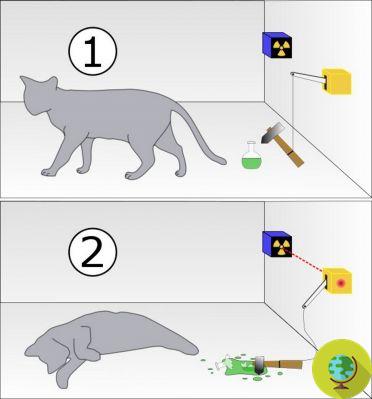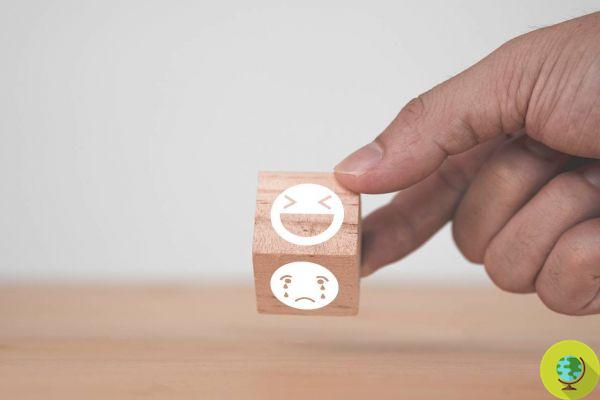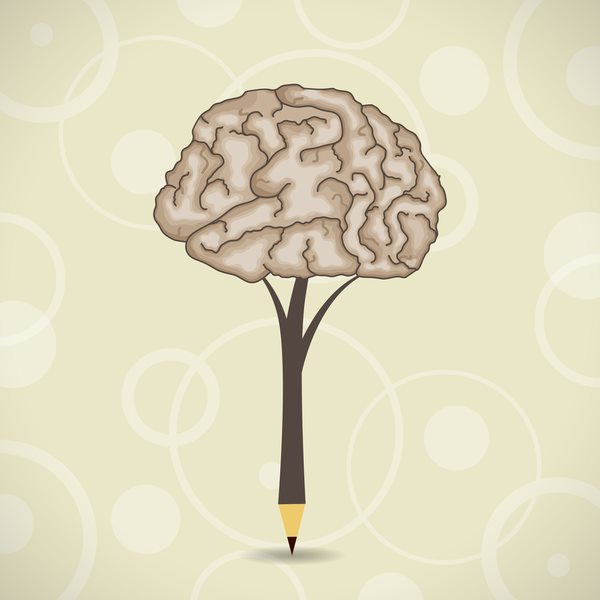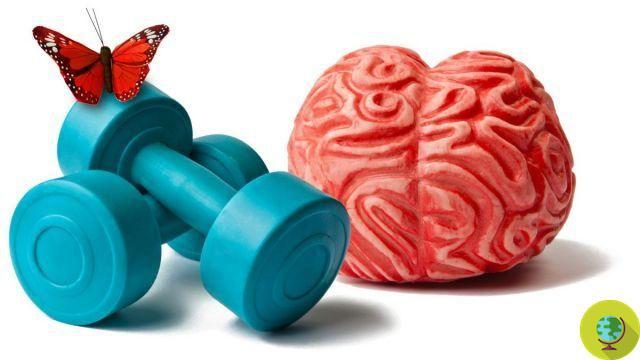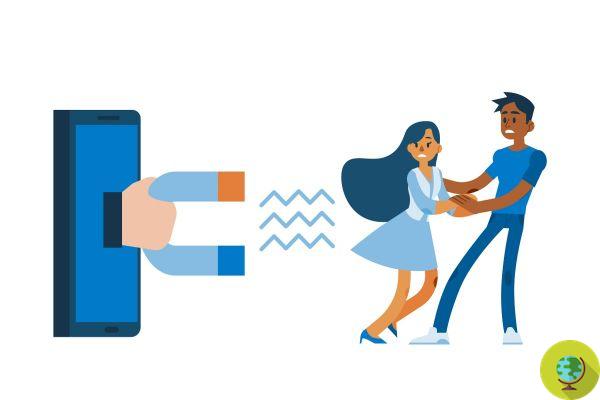Dependent personality disorder is defined as a personality disorder where the main characteristic is the need to make oneself indispensable for the loved ones, to avoid being abandoned.
Don't store avocado like this: it's dangerousIl dependent personality disorder is defined as a personality disorder where the main feature consists in the need to make oneself indispensable for the loved ones, to avoid being abandoned.
Furthermore, there is a constant need to develop and maintain new social relationships. There fear main is that of abandonment. It may happen that as soon as you feel the slightest sign of estrangement from a person you are committed to becoming indispensable for them so as not to be abandoned.
The onset of dependent personality disorder can depend on childhood trauma and from existential problems that can become the triggering causes. Sometimes dependent personality disorder can resemble depression.
In the case of dependent personality disorder, specific symptoms and behaviors can occur.
Index
Dependent personality disorder, characteristics
People with dependent personality disorder may find themselves in a situation of anxiety and agitation when it starts fear of being abandoned by the other, then begins to trigger a series of behaviors with which he tries to bind the other person to himself. But if the removal happens anyway this causes suffering, a sense of uselessness and a sense of emptiness.
Read also: LEARNING TO SAY NO: THIS IS WHY IT'S IMPORTANT (AND HOW TO DO IT)
- Anxiety
- agitation
- Fear of abandonment
- Remissive/depressive behavior
- Obsessive / aggressive behavior
- Sense of uselessness
- Feeling of emptiness
- Inability to be alone
- Loss of interest in the outside world
- Depressive states
Dependent personality disorder, main symptoms
Recognizing the presence of a dependent personality disorder is the task of an expert who can make the correct diagnosis. However, to have at least an idea of how dependent personality disorder manifests itselfHere are some traits that are referred to as the main symptoms.
Read also: 5 THINGS THAT THOSE WHO ALWAYS TRY TO PLEASE OTHERS SHOULD REMEMBER
- Fear of losing the approval of others
- Entrust important responsibilities in your life to other people
- You need to be reassured by others to make decisions
- Need someone's support to pursue your goals
- Fear of not being able to provide for one's own needs by oneself
- Feeling uneasy, empty and depressed when alone
- The need to always rely on someone for advice
- Difficulty expressing one's ideas for fear of losing the support of others
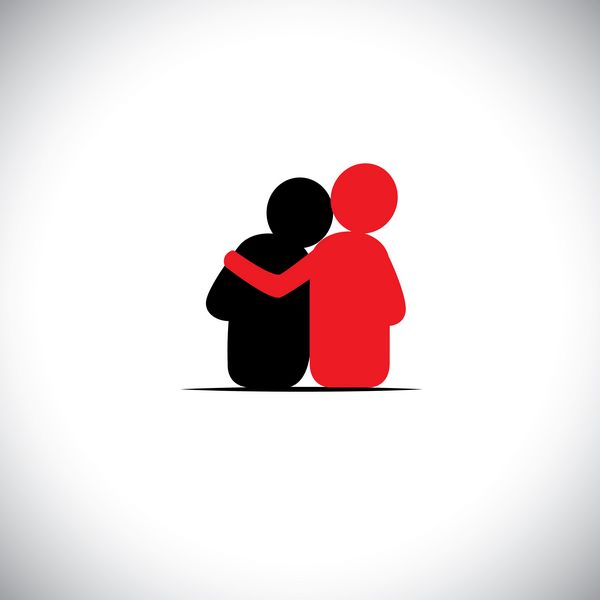
Dependent personality disorder, typical behaviors
Often people with dependent personality disorder have one low self-esteem and tends to feel inadequate compared to others, in short, feeling inferior and unsuitable. People who suffer from dependent personality disorder perceive themselves as wrong and hence errors in relating to others in an addictive way.
Read also: HOW TO FIND AND INCREASE SELF-ESTEEM IN 1st STEPS
A specific characteristic of those suffering from dependent personality disorder is that of knowing how to grasp the needs of loved ones in advance. In this way they make others believe that they are essential to their happiness and well-being with the intent of averting the danger of being abandoned. They think first of all to satisfy the desires of the partner in order to feel calmer and to live more peacefully, even if not as independent people and able to make decisions on their own.
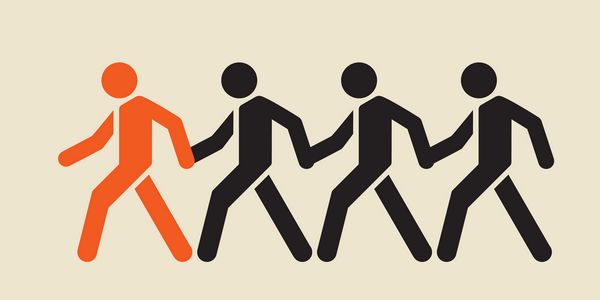
Dependent Personality Disorder, Diagnostic Criteria (DSM-IV TR)
Here are the diagnostic criteria which experts must take into account to understand if we are dealing with a person with dependent personality disorder.
- The person has difficulty making daily decisions without requiring an inordinate amount of advice and reassurance.
- He needs others to take responsibility for most areas of his life.
- Has difficulty expressing disagreement with others for fear of losing support or approval (note to clinician: realistic fears of punishment should not be included).
- Has difficulty starting projects or doing things on their own (due to a lack of confidence in their judgment or abilities rather than a lack of motivation or energy).
- He can go to anything to get care and support from others, to the point of offering himself up for unpleasant tasks.
- He feels uncomfortable and helpless when it is only from exaggerated fears of being unable to provide for himself.
- When a close relationship ends, he urgently seeks another relationship as a source of care and support.
- He is unrealistic worried about being left to fend for himself.
Dependent personality disorder, how to intervene
Anyone diagnosing dependent personality disorder might intervene above all on states of anxiety and depression if they were present in the patient in order to alleviate their presence with a view to improving the quality of life. Only an expert can decide on the suitable treatment or therapy in such cases. In addition, it must be taken into account that the dependent personality disorder could be accompanied by other types of disorders or by bipolar personality in the most serious cases. Here more information.
Marta Albè





